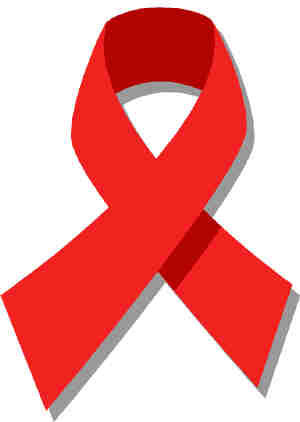
THE HIV prevalence rate at higher institutions of learning around the country is being kept under control by several intervention measures introduced by government, a director in the Ministry of Higher and Tertiary Education, Science and Technology Development told Parliament yesterday.
by VENERANDA LANGA
Air Commodore Ivan Dumba made the claims when he appeared before the Parliamentary Thematic Committee on HIV and Aids where he said although he did not have detailed statistics on how HIV and Aids was affecting students at tertiary institutions and universities due to confidentiality issues, awareness programmes had made a significant impact in the fight against the spread of the HIV virus.
“Tertiary institutions cater for sexually active young people, mostly in the 18 to 30-year-old category, and certain aspects of social life place members of tertiary institutions at risk of contracting HIV because of enhanced personal freedom, and coupled with the attractions and pressures of life in these institutions is a recipe for sexual activity and experimentation,” Dumba said.
“HIV prevalence is, however, not as bad as it has been publicised because of the various programmes that have been carried out to combat it which had a significant impact on behavioural change.”
He said as part of its contribution to the HIV and Aids national response, the Higher and Tertiary Education ministry introduced the general course on HIV and Aids as part of technical, vocational and teacher education curricula in 1994.
Tertiary Education (Polytechnics) director John Dewah also told the committee that although most colleges had embraced HIV and Aids in their curricula, the subject was not examinable, resulting in most students not taking up the course.
As part of efforts to curb illicit sexual relationships between lecturers and students, Dewah said they had outlawed it and any lecturer caught in the act was dismissed as it compromised issues of allocating marks to students.
- Chamisa under fire over US$120K donation
- Mavhunga puts DeMbare into Chibuku quarterfinals
- Pension funds bet on Cabora Bassa oilfields
- Councils defy govt fire tender directive
Keep Reading
However, Higher Education (universities) director Martha Muguti said at teachers’ colleges, the subject was examinable and universities like Bindura State University of Science and Technology and University of Zimbabwe (UZ) had diplomas in HIV and Aids.
Muguti said it was difficult to compile statistics of HIV prevalence at colleges because some students lived on campus, while the majority lived outside campus with the UZ having 4 500 students resident at the campus out of 13 500 students.











